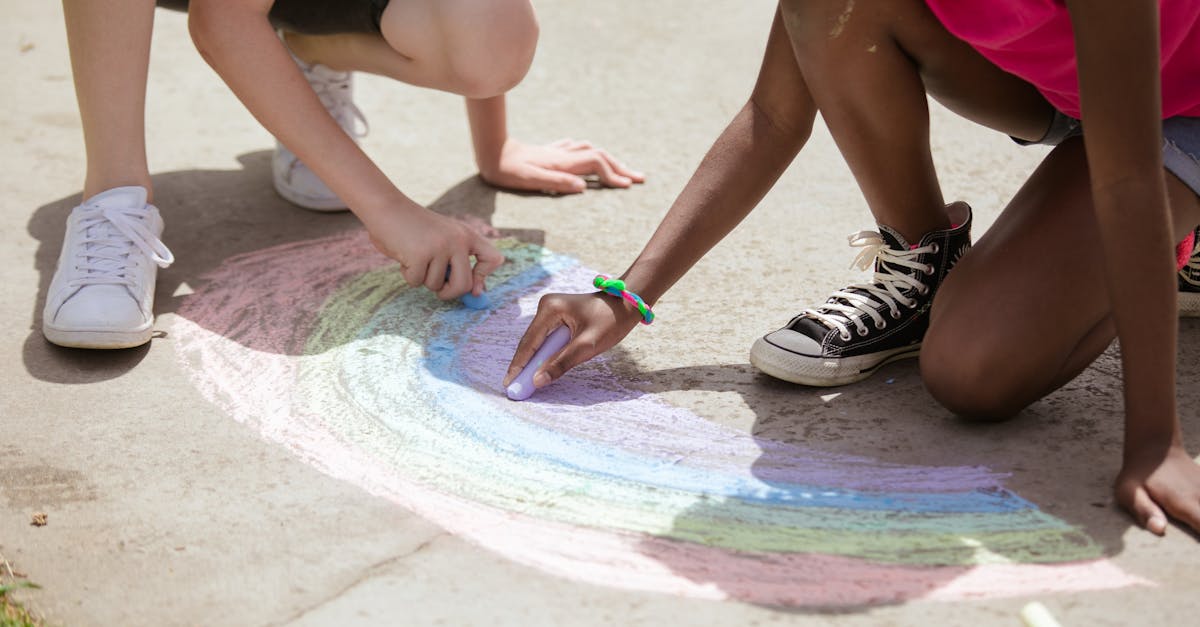Understanding Your Child’s Learning Style
Every child is unique. Understanding your child’s learning style is the first step in personalizing their education. Some kids are visual learners; others grasp concepts better through auditory means or by doing things kinesthetically. Observing these tendencies allows you to tailor their learning experiences, making education more effective and enjoyable.
Consider data as your North Star, guiding you towards the best path for your child’s academic success.

The Power of Personalized Learning Plans
Personalized learning plans are like custom-made suits for your child’s education. Using data, teachers and parents can craft plans that cater to individual strengths and weaknesses. This method ensures that your child isn’t just another face in the crowd. They’re getting the attention they deserve, which boosts their confidence and accelerates their learning. It’s like giving your kid a turbo boost in the race of education.

Making Data Your Best Friend
At first glance, the word ‘data‘ might seem intimidating. But it’s simpler and more useful than you think. Data can come from test scores, teacher observations, or even educational apps. Think of it as breadcrumbs that lead you to discover what works best for your child. Using data helps you focus on areas that need improvement and celebrate those where your child excels. It’s like having a roadmap to their academic success.

Interactive Tools for Personalized Education
Technology offers a plethora of interactive tools designed to help you personalize your child’s education. From educational apps that adapt to your child’s learning pace to platforms that provide real-time feedback, these tools make learning fun and engaging. These aren’t just gadgets; they’re your partners in your child’s educational journey. Embrace these tools as they can make learning a delightful adventure for your little one.

Emotional Challenges in Data-Driven Learning
Emotional challenges are part of the learning process. Personalized learning through data can sometimes feel isolating for kids. They might feel singled out or different. Address these feelings by fostering a positive environment and encouraging open communication. Show them how special they are to have a learning plan tailored just for them. Remember, it’s the journey, not just the destination, that matters most.

Key Points:
- Emotional challenges are natural during learning.
- Personalized learning can make kids feel isolated.
- Foster a positive environment and encourage open communication.
- Remind children of the value of a tailored learning plan.
Practical Tips to Use Data at Home
Incorporating data into home learning doesn’t need to be a daunting task. Start by keeping track of your child’s progress through simple charts or a journal. Use this information to adjust their study schedules or introduce new topics of interest.
Engage with teachers and ask for feedback on data-based strategies. This proactive approach makes learning more targeted and effective for your child.

The Future of Data in Early Education
The role of data in early education is evolving. Future advancements might bring even more sophisticated tools and methodologies to personalize learning. Imagine a world where artificial intelligence can predict the best learning paths for your child! Staying informed and adaptable will ensure your child reaps the benefits of these innovations. The future is bright with the promise of a personalized, data-driven approach to education.

Stay tuned for exciting updates on the future of data in education!
Related Posts:
- Emotional Intelligence & AI
- AI-Powered Adaptive Learning Paths
- AI as an Education Advocate for Kids
- AI for Developing Learning Mindset
- AI in Early Education: Ethical Implications
